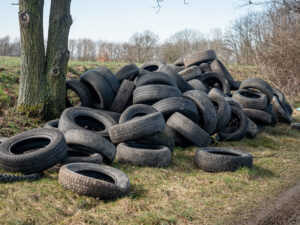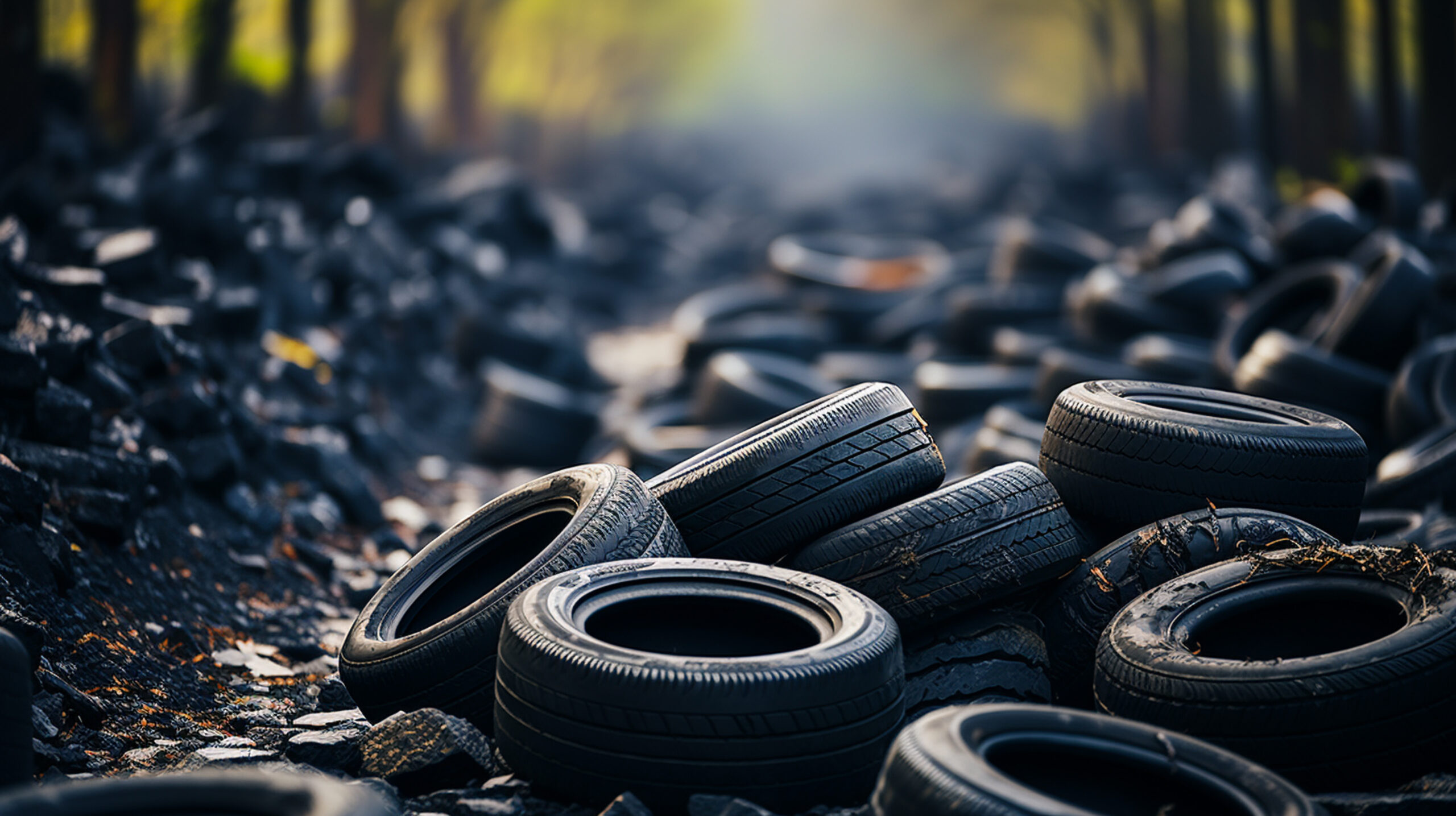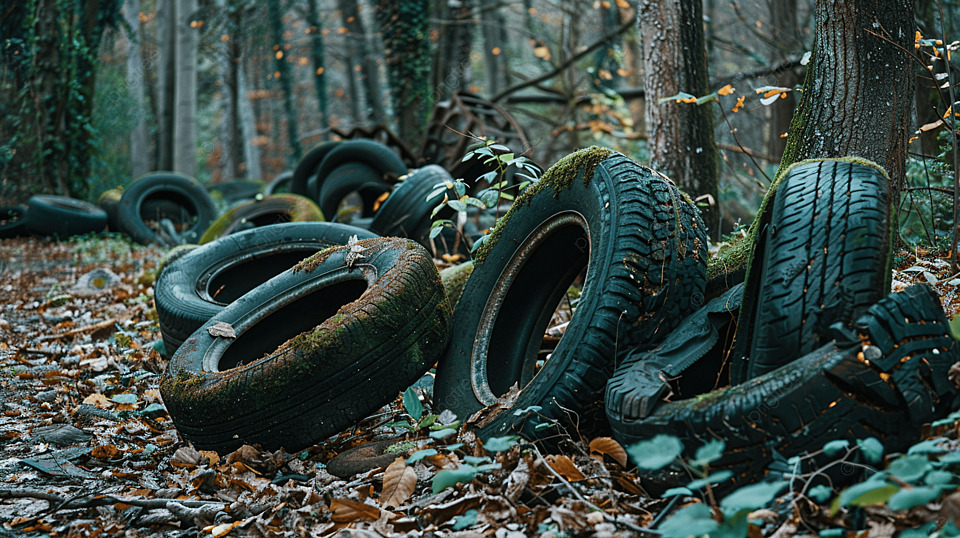
Scrap tyres present a major environmental problem across the globe. The longevity of the tyre, although good for vehicles, renders it hard to biodegrade, resulting in pollution and waste. Advanced recycling technologies are, however, converting this problem into a case of sustainability. In India, companies such as Regrip are leading the way in environmentally friendly solutions to reduce the environmental footprint of abandoned tyres.
The Environmental Impacts of Scrap Tyres
Millions of tyres are wasted every year, causing numerous environmental issues:
Landfill Overflow: Tyres occupy too much space, worsening waste management.
Chemical Pollution: Rotting tyres emit toxic chemicals into the ground and water.
Fire Hazards: Tyre stacks are extremely flammable, emitting poisonous fumes when they burn.
Breeding Grounds for Pests: Standing water in abandoned tyres provides perfect breeding grounds for mosquitoes and other disease-carrying pests.
Sustainable Solutions for Scrap Tyre Management
In order to counter these environmental hazards, a number of recycling and repurposing techniques have been developed:
Retreading: Prolonging the life of tyres by re-surfacing them with fresh tread.
Crumb Rubber Production: Shredding tyres into small rubber crumbs for use in road construction, sports surfaces, and industrial uses.
Pyrolysis: A process that breaks down tyres into oil, gas, and carbon black, which can be reused in various industries.
Tyre-Derived Fuel (TDF): Utilizing shredded tyres as a substitute fuel in cement kilns and power stations.
Rubber Mulch: Recycling tyre rubber for use on playgrounds, gardens, and sports tracks.
The Role of Innovation in Tyre Recycling
Indian recyclers are employing cutting-edge technologies to turn scrap tyres into useful resources. Regrip and similar companies are leading the charge, adopting eco-friendly practices and principles of circular economy. Through tyre recycling being brought into the mainstream of waste management, India can considerably minimize environmental degradation while driving economic growth.
Challenges and Opportunities
Tyre recycling still has a number of challenges despite the advancement:
Limited Awareness: Policymakers and consumers are largely unaware of the advantages of tyre recycling.
Technological Constraints: Recycling techniques are capital-intensive and call for the creation of infrastructure.
Market Demand: An expanding market for recycled tyre products is necessary to keep the industry going.
Yet, with ongoing innovation, government initiative, and enhanced public awareness, India can have a strong tyre recycling system that supports both the economy and the environment.
Conclusion
Scrap tyres are an environmental imperative, yet they also contain the potential for green innovation. With the uptake of recycling and reuse methods, India can deflect the ill-effects of tyre pollution while generating meaningful resources. Efforts by corporations such as Regrip are opening up the space for sustainable production that does not necessarily conflict with the growth mandate.








